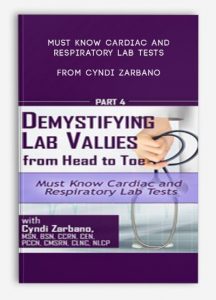 Must Know Cardiac and Respiratory Lab Tests from Cyndi Zarbano
Must Know Cardiac and Respiratory Lab Tests from Cyndi Zarbano
More information about Medical:
Medicine is the science and practice of establishing the diagnosis, prognosis, treatment, and prevention of disease.
Medicine encompasses a variety of health care practices evolved to maintain and restore health by the prevention and treatment of illness.
Contemporary medicine applies biomedical sciences, biomedical research, genetics, and medical technology to diagnose, treat, and prevent injury and disease,
typically through pharmaceuticals or surgery, but also through therapies as diverse as psychotherapy, external splints and traction, medical devices, biologics, and ionizing radiation, amongst others.
Medicine has been around for thousands of years, during most of which it was an art (an area of skill and knowledge) frequently having connections to the religious and
philosophical beliefs of local culture. For example, a medicine man would apply herbs and say prayers for healing, or an ancient philosopher and physician would apply bloodletting according to the theories of humorism.
In recent centuries, since the advent of modern science, most medicine has become a combination of art and science (both basic and applied, under the umbrella of medical science).
While stitching technique for sutures is an art learned through practice, the knowledge of what happens at the cellular and molecular level in the tissues being stitched arises through science.
Description:
CKMB? BNP? Troponins? Learn what they all mean and understand why we order them and how they integrate into a comprehensive cardiac assessment. Understand the wherefores and whys of cardiac workup…Time is Muscle! Examine oxygenation, ventilation, acid-base status and more. No matter the setting you work in you will benefit from gaining understanding through application to case studies. Both Inpatient and Outpatient applications will be addressed along with patient monitoring, and practice guidelines for optimizing therapy.
OUTLINE
- Acute Coronary Syndrome
- Components of Cardiac Lab Tests
- BNP and Pro-BNP
- Congestive Heart Failure
- Blood Gases: Arterial and Venous
- Acid/Base Compensation
OBJECTIVES
- Decide when the Troponin implies a myocardial infarct and what else can cause modest elevation to this cardiac marker.
- Exploit the differences between ST elevation and ST depression on the EKG as it relates to cardiac insult.
- Explore four abnormal findings on the ABG and common causes of each.
- Utilize a tool for easy analysis of ABG findings


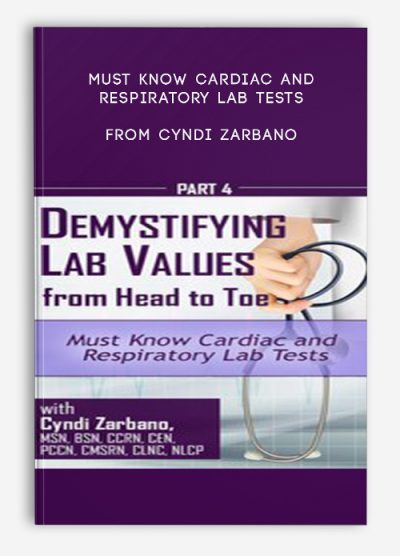

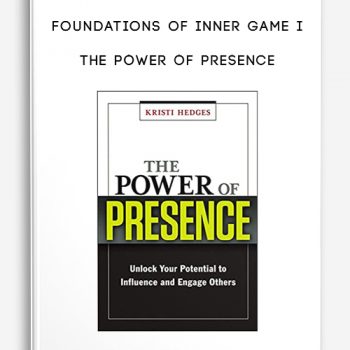




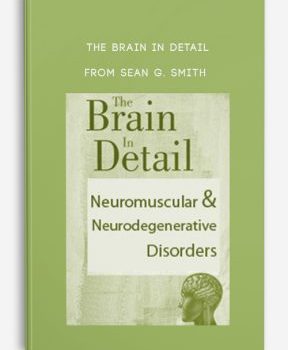


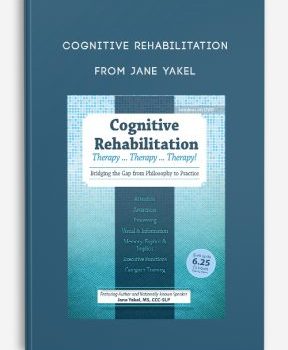
tristian –
This is Digital Download service, the course is available at Coursecui.com and Email download delive